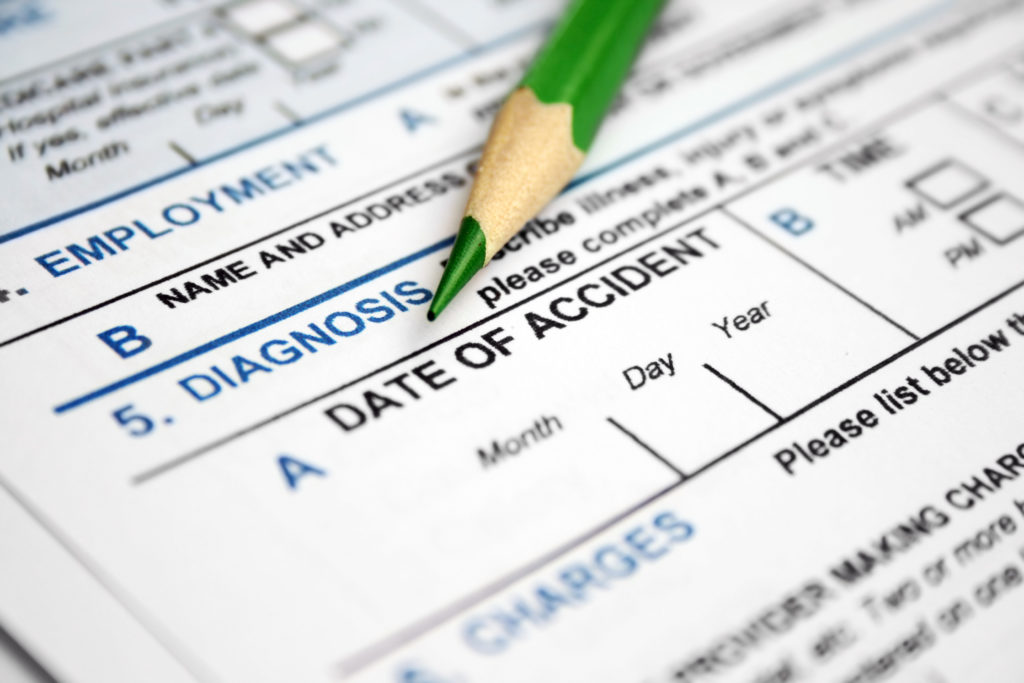Can I Collect SSDI While on My Retirement Social Security?
If you’re a current disability benefit recipient and are near retirement age, your monthly payment may soon adopt a different name. Social Security Disability Insurance (SSDI) benefits and retirement benefits are paid consecutively, not simultaneously.
You can’t get Social Security Disability Insurance benefits and retirement benefits at the same time. Retirement benefits are exclusively for those over retirement age, while SSDI benefits are for those under retirement age with qualifying medical conditions. That said, your SSDI benefits will automatically change to retirement benefits when you reach a certain age. Your monthly benefit should stay at the same amount, and you should be able to collect it on the same day of the month you collected your SSDI benefit. While you can’t collect SSDI benefits and retirement benefits simultaneously, you may be able to get other Social Security benefits alongside SSDI benefits.
Our attorneys are dedicated to helping individuals understand the Social Security benefits available to them. For a free case evaluation with the Pennsylvania disability lawyers at Young, Marr, Mallis & Associates, call today at (215) 515-2954 or (609) 557-3081.
Can I Collect SSDI Benefits While Getting Social Security Retirement Benefits?
Suppose you currently receive Social Security Disability Insurance benefits and are nearing retirement age. In that case, you may wonder if you can collect Social Security retirement benefits at the same time. It’s important to know how this process works so that you can collect the correct monthly benefit from the Social Security Administration (SSA).
You cannot collect SSDI benefits and Social Security retirement benefits simultaneously. Social Security Disability Insurance benefits are designed to replace income for individuals with qualifying illnesses, injuries, or disabilities who can no longer work. Once you reach retirement age, you are not necessarily expected to work, which means your SSDI benefits will stop.
However, you may be eligible for other Social Security retirement benefits on your age. In fact, the Social Security Administration should automatically convert your monthly SSDI benefits into retirement benefits when the time comes.
This process should be seamless and require no action from you, the recipient. However, if there are issues during the transition from SSDI benefits to retirement benefits, call our disability lawyers. Our attorneys can ensure that the SSA has the necessary information to send you the monthly retirement benefits you deserve.
Will My Monthly Checks Stay the Same When They Change from SSDI Benefits to Retirement Benefits?
Though you can’t collect Social Security Disability Insurance benefits and retirement benefits simultaneously, you can receive them consecutively. Upon reaching retirement age, your SSDI benefits should change into retirement benefits. But will your monthly check from the Social Security Administration remain the same?
Suppose you get your monthly SSDI benefit checks via direct deposit. In that case, you shouldn’t notice much difference when they change from SSDI checks to retirement checks. That’s because your monthly benefit from the SSA should remain the same, even when under a different name.
This is good news for many SSDI benefit recipients, who won’t have to readjust their finances to account for decreased monthly payments from the SSA. While your monthly benefit should not change, processing errors on behalf of the SSA might result in slight differences. If this happens to you, contact our Bucks County disability lawyers immediately. Your monthly benefit shouldn’t change at all during the transition from Social Security Disability Insurance benefits to Social Security retirement benefits.
Will I Collect Retirement Benefits on the Same Day I Collected SSDI Benefits?
If you’ve been relying on Social Security Disability Insurance benefits to support you and your family for many years, you’ve likely gotten used to your payment schedule. Luckily, the day you collect your monthly check from the SSA won’t change when your benefits transition from SSDI benefits to retirement benefits.
The Social Security Administration follows the same payment schedule for SSDI benefits and retirement benefits. That means the day you collect your monthly check from the SSA shouldn’t change when you reach retirement age. The following is the current payment schedule for disability and retirement benefits:
- Those born between the 1st and the 10th collect disability or retirement benefits on the second Wednesday of each month
- Those born between the 11th and the 20th collect disability or retirement benefits on the third Wednesday of each month
- Those born between the 21st and the 31st collect disability or retirement benefits on the fourth Wednesday of each month
If you opt for direct deposit, your retirement benefit check will hit your bank account at the same time your monthly SSDI benefit check did, at midnight on your allotted day.
This similar payment schedule can make the transition from SSDI benefits to retirement benefits easier for recipients. If, for some reason, you are no longer receiving your monthly check on the same day, inform our Philadelphia disability lawyers. Changes in payment days might present difficulties for Social Security benefit recipients.
Can I Collect Multiple Social Security Benefits at the Same Time?
Though you can’t collect Social Security Disability Insurance and retirement benefits simultaneously, you may be able to collect other Social Security benefits at the same time. Learning about your options is important, so you can get the monthly benefits you’re entitled to.
Suppose you qualify for both Social Security Disability Insurance benefits and Supplemental Security Income (SSI) benefits. In that case, you may be able to get both simultaneously. This is known as receiving concurrent benefits. If you wish to collect concurrent benefits, consult our disability lawyers. To collect both SSDI benefits and SSI benefits at the same time, you have to meet certain criteria.
While the eligibility for SSDI benefits is based on a recipient’s medical condition and work history, the eligibility for SSI benefits is needs-based. So, if your monthly SSDI benefit is too large, you may also not qualify for SSI benefits. However, only those who have worked many years or are eligible for SSDI benefits through a parent’s earning record may recover the maximum monthly benefit. So, if you don’t have an extensive work history and collect a smaller SSDI payment, you may also get SSI benefits at the same time.
Call Our Lawyers About Your Social Security Benefits Today
If you need to apply for Social Security benefits, our attorneys can help. For a free case evaluation with the New Jersey disability lawyers at Young, Marr, Mallis & Associates, call today at (215) 515-2954 or (609) 557-3081.






























